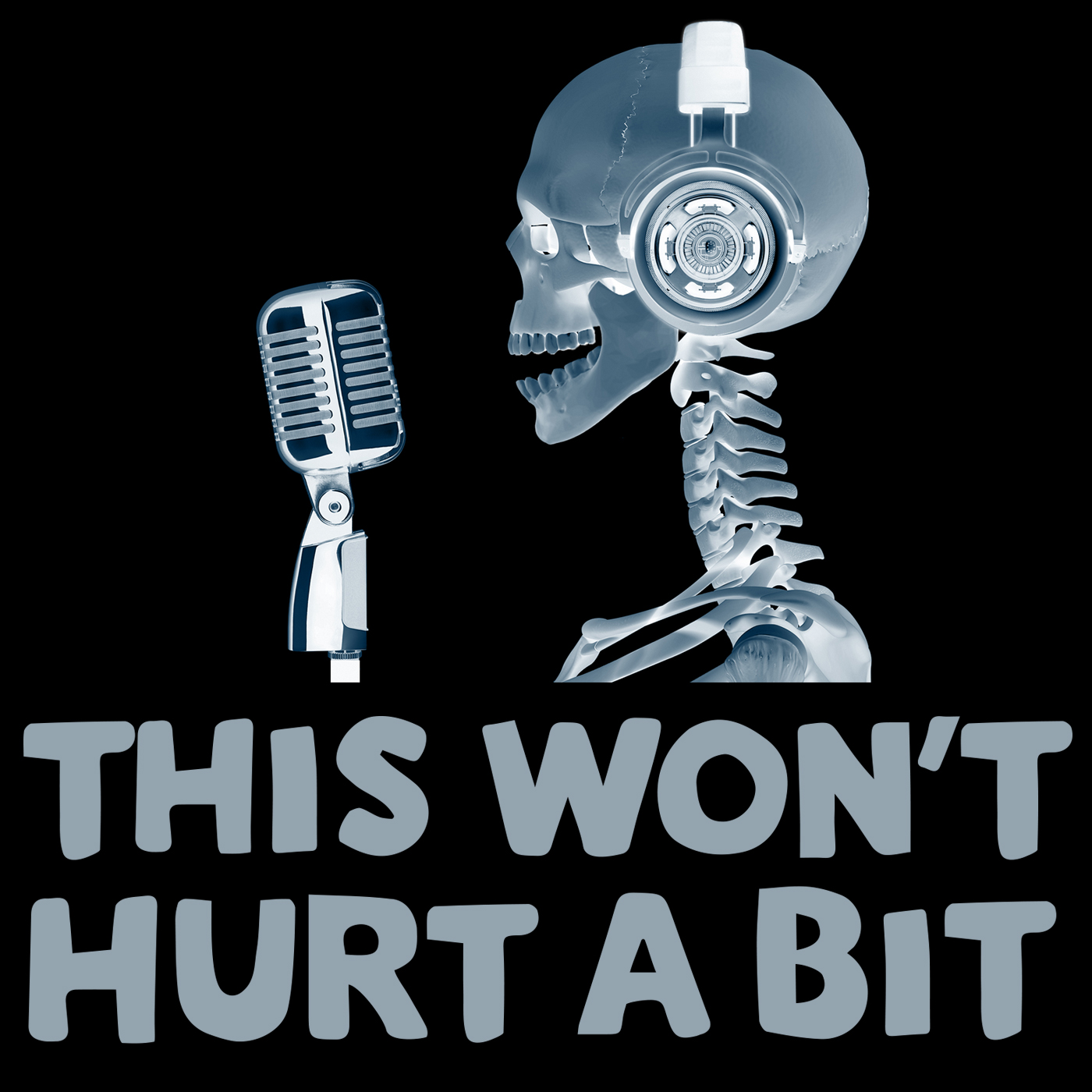The worst thing ever for you to do is start smoking.
The oxygen and the flame of lighting a cigarette causes the tobacco leaves to ignite, which releases smoke. The smoke, carrying drugs like nicotine, get absorbed deep in your lungs. From there, it travels into your blood and triggers your brain pleasure centers. Chemicals from the cigarette permeate into your blood, causing mutations in your DNA and cancers throughout your entire body.
When the chemicals seep into your cells locally, they also permeate into your blood. They attack your DNA, which causes errors called mutations. The cells try to repair themselves, but the chemicals keep attacking. Over time, this can lead to cancer.
It is the cause of over 500,000 deaths in the U.S. every year— that’s 1 in every 5 deaths. That’s 10 times the number of people killed by cigarette smoke than those that have been killed in wars fought by America in all of its history.
Most doctors don’t prescribe marijuana because there’s little evidence to prove that it’s better than conventional therapies. The laws vary in state to how it's prescribed. Long-term users can be diagnosed with something called cannabinoid hyperemesis syndrome.
Cannabinoid Hyperemesis Syndrome is something doctors see quite frequently in the emergency room. Symptoms are: recurring abdominal pain, nausea and vomiting. Usually these symptoms improve with a hot shower, but the only known long-term cure is to quit doing marijuana all together.
Many argue that it can help people get off cigarettes, which are much more harmful. It may be more beneficial than nicotine gum or patches because the behavior mimics smoking.
We know that the ingredients are harmful since some of the ingredients weren’t meant to be inhaled day after day. The vapor irritates the lungs, but at this point in time, we do not know how harmful the effects will be.
The human body is made to repair itself. If someone stops smoking— really stops— the body sets to correct the damage as fast as it can. Data shows that if you quit smoking, your chance of dying from a smoking related illness drops remarkably.
